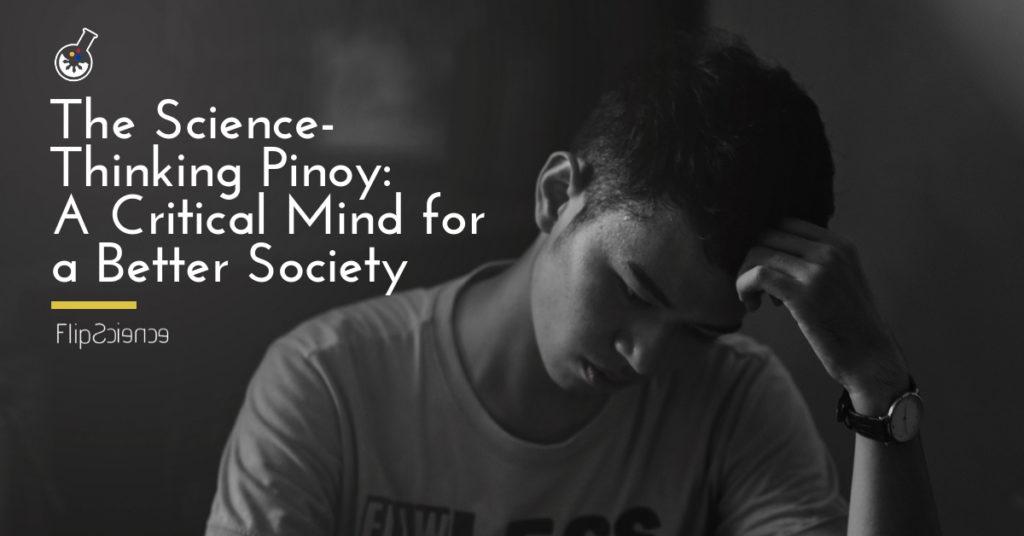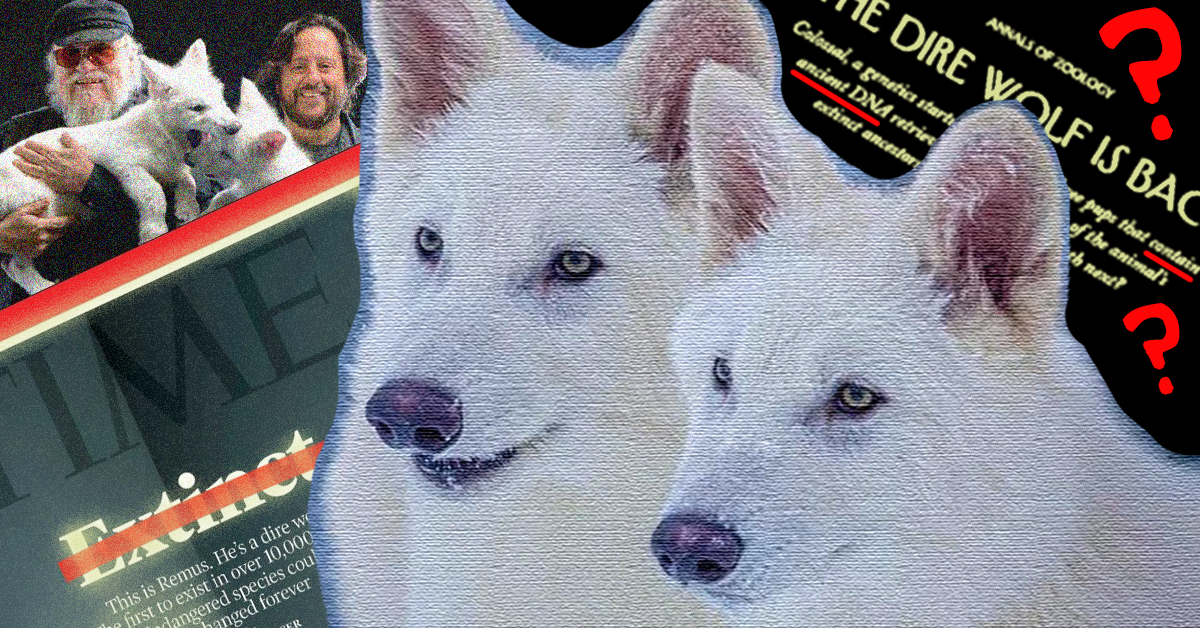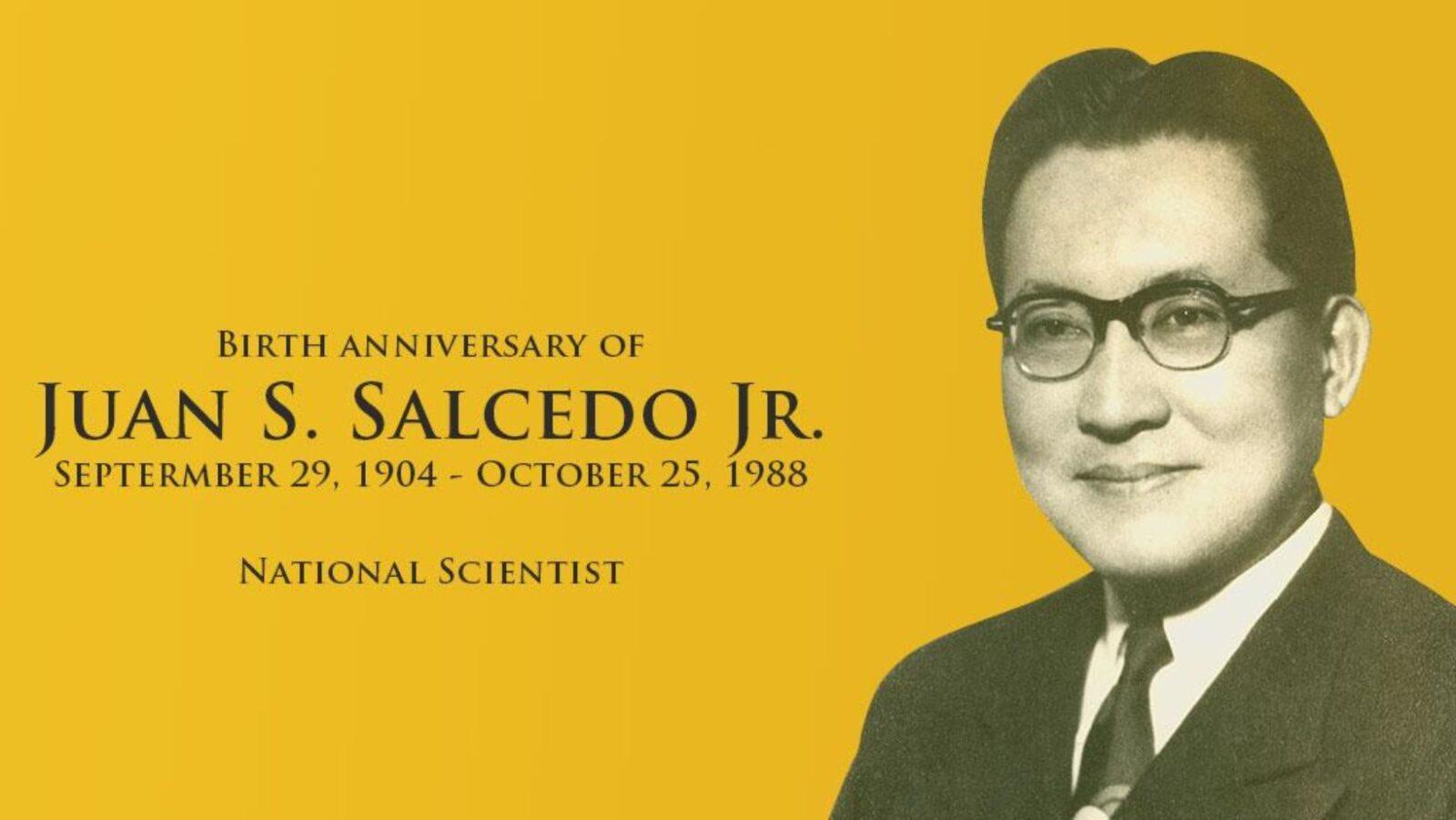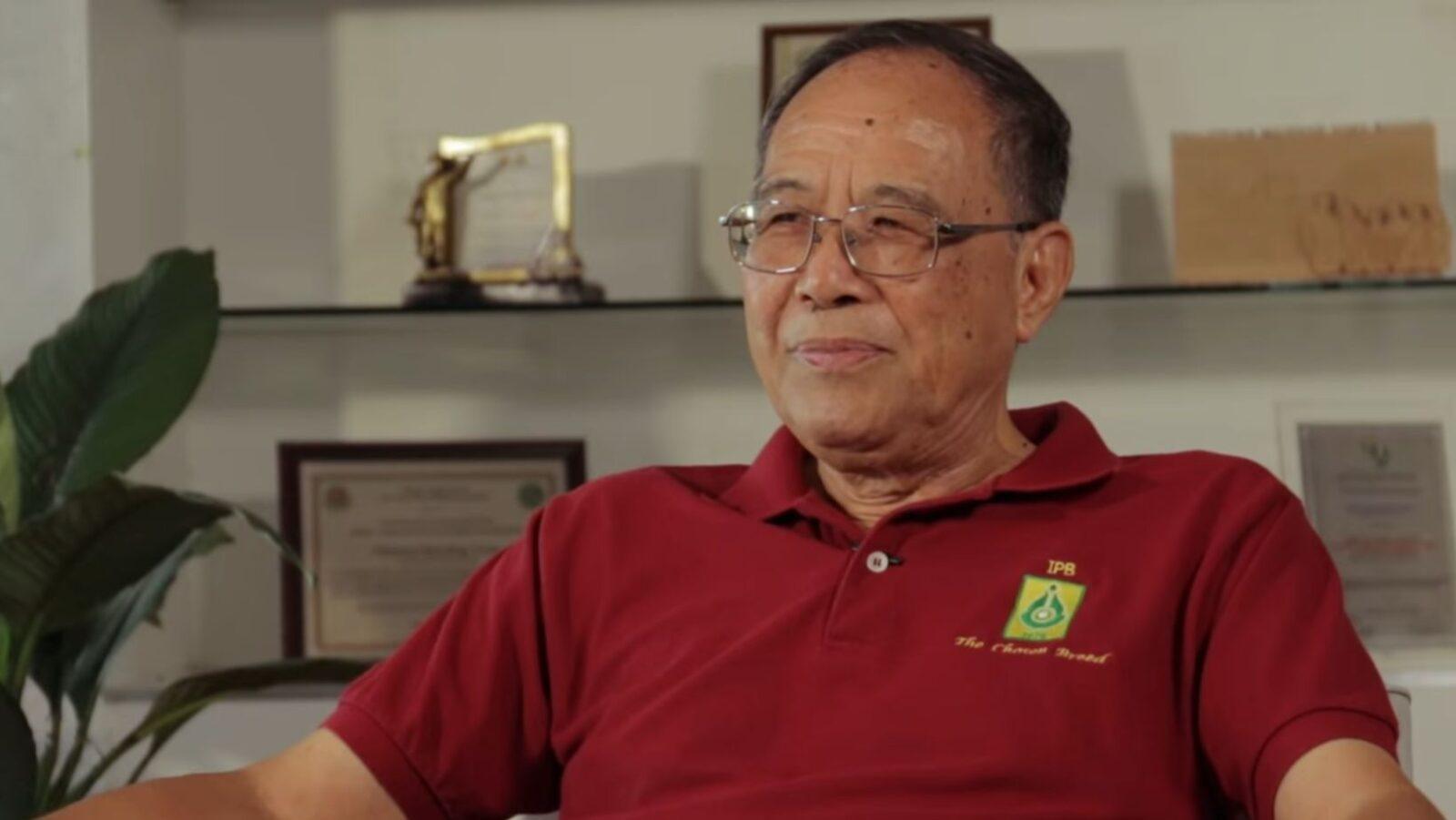We are in the midst of a blazing information age. These days, data and information sources are more ubiquitous and accessible than ever.
We have online news websites, journal publications, blogs, video streaming websites, government information websites, and even porn sites. All of these are available to any person with internet connectivity. On the flipside, companies like Google and Facebook have access to loads of information about you. They can profile you based on your social circle, your hobbies and interests, or even your taste in music. They can also tailor their services for you based on your search history, listed preferences, and more.
Unsurprisingly, the internet is littered with fakery as well. Fake news, malware, false advertising, and online scamming sites are but a few examples.
This begs the question: In this age of free-flowing information, how can one discern whether something is true or not?
Simple: It all falls upon the shoulders of science.
Science thinking in the information age
Science is primarily concerned with answering questions through the synthesis and comprehension of acquired data. With this in mind, one can apply science thinking — a more critical, evidence-based approach — to decision-making and discerning the truthfulness of what we read.
Here’s an example: Let’s say you took an entrance exam to get into a state university. After a month of waiting for the results, you saw an acquaintance on Twitter — someone unaffiliated with the university — post a link. According to your friend’s tweet, the results can be found there.
However, upon closer inspection of the link’s URL, you begin to notice that it doesn’t seem from the official university website. In fact, the URL looks suspicious. This triggers your spider-sense, so to speak: What if this URL is actually a phishing link? What if, upon clicking, you end up compromising your computer’s security instead of finding the results you wanted to see?
You decide to verify first by checking the university’s hashtag (you’re already on Twitter, after all). You sift through a ton of anxious tweets from fellow students waiting for results, but none pointing to an actual list.
Next, you go to the official website of the university. There, you find out that the results are not available yet, and will be announced within a week’s time. That’s more than enough confirmation for you that the link your Twitter contact posted is a fake. You realize that you just narrowly dodged a bullet. Had you decided to click the link, things could have turned out very differently, and likely for the worse.
Science thinking in politics
Politics is another area where we can greatly benefit from critical thinking.
In the Philippines nowadays, political arguments are quite commonplace on social media. Many Filipinos exhibit a tendency to blindly believe and support specific politicians, causing them to take up arms at the slightest sign of criticism hurled towards their idols.This type of behavior is restrictive and limits open-mindedness — a critical component for matters of national importance.
It actually isn’t that hard to apply science thinking in matters of politics. One would only need to scrutinize any piece of information prior to believing in them, while weighing it against any opposing data. With these simple steps, one can obtain a decent grasp of the truth and the appropriate way to react to it. After all, isn’t it better to approach an issue with actual facts in hand, instead of relying solely on your biases and blind faith?
In a country such as ours, we owe it to ourselves to investigate, examine, and make political decisions based on data. Only then — by being informed instead of being carried away by emotional speeches, empty promises, or blatant theatrics — can we ensure that we have the right leaders in place to guide us towards a better tomorrow.
Science thinking in everyday life
Let’s look at another example: Say you read a “breaking news” report about the death of your favorite celebrity. Are you going to share it immediately, or would you scrutinize the information first?
Some helpful guide questions here would be: Who posted the story? Is the person or website a credible news source? Is it even in the News section? How many media outlets are talking about it? Who’s sharing it?
The science thinking approach works anywhere and everywhere. After all, science thinking isn’t just for situations involving corrosive chemicals or complex equations on the blackboard.
The decisions we make today should be guided by science. Critical thinking and a science-based approach to decision-making are the hallmarks of a forward-thinking society. We Filipinos must learn and practice how to think for ourselves, instead of simply taking things at face value.
In a society like ours, science thinking and being critical-minded aren’t just nice-to-haves. Now more than ever, they’re things that we need to have down to a science. –MF
Author: Rafael Ambag
A science kid at heart, Paeng aims to spark the interest of the common man in science through science journalism and organizing science camps for elementary children. He is an incoming freshman under UP Diliman’s BS Molecular Biology and Biotechnology program.







